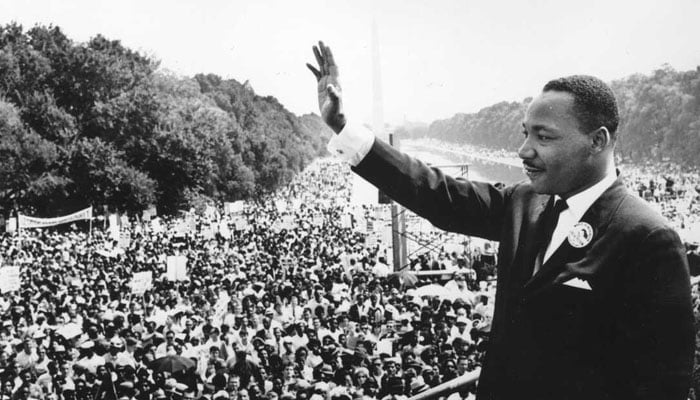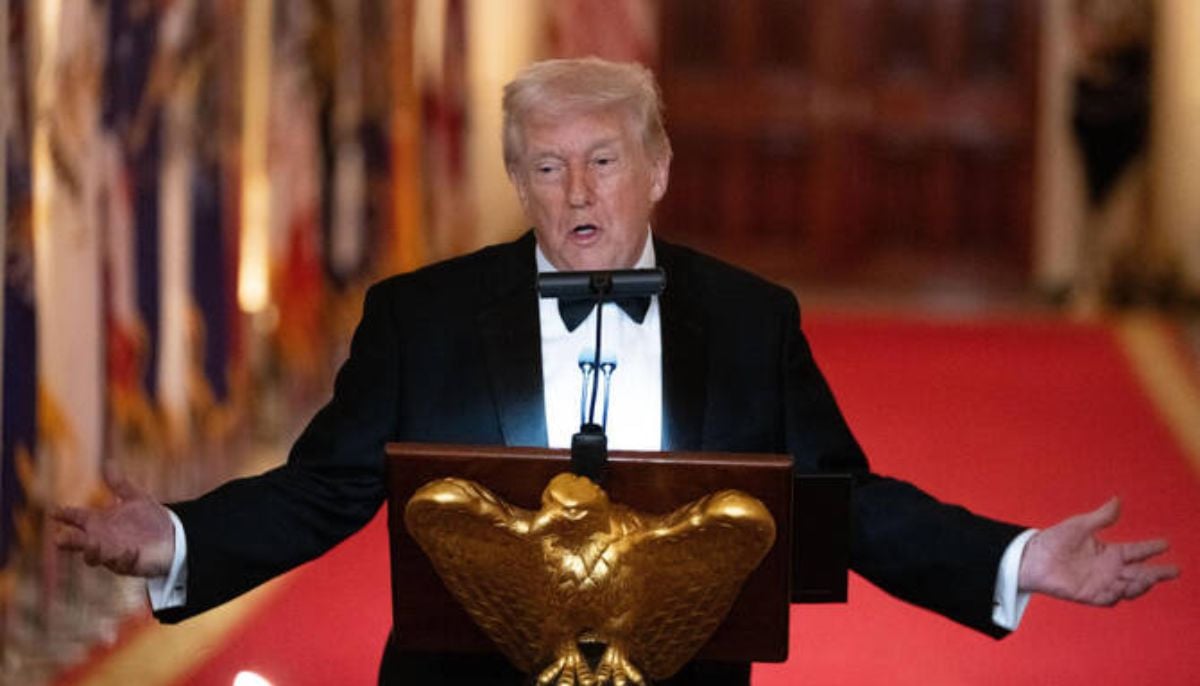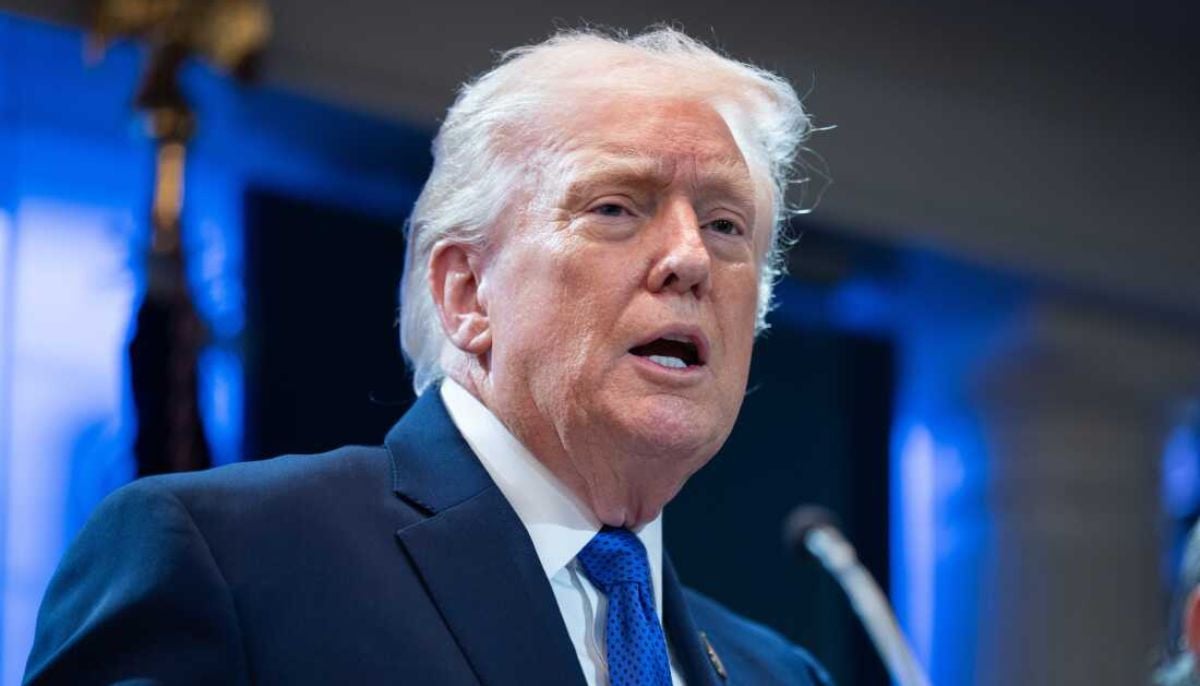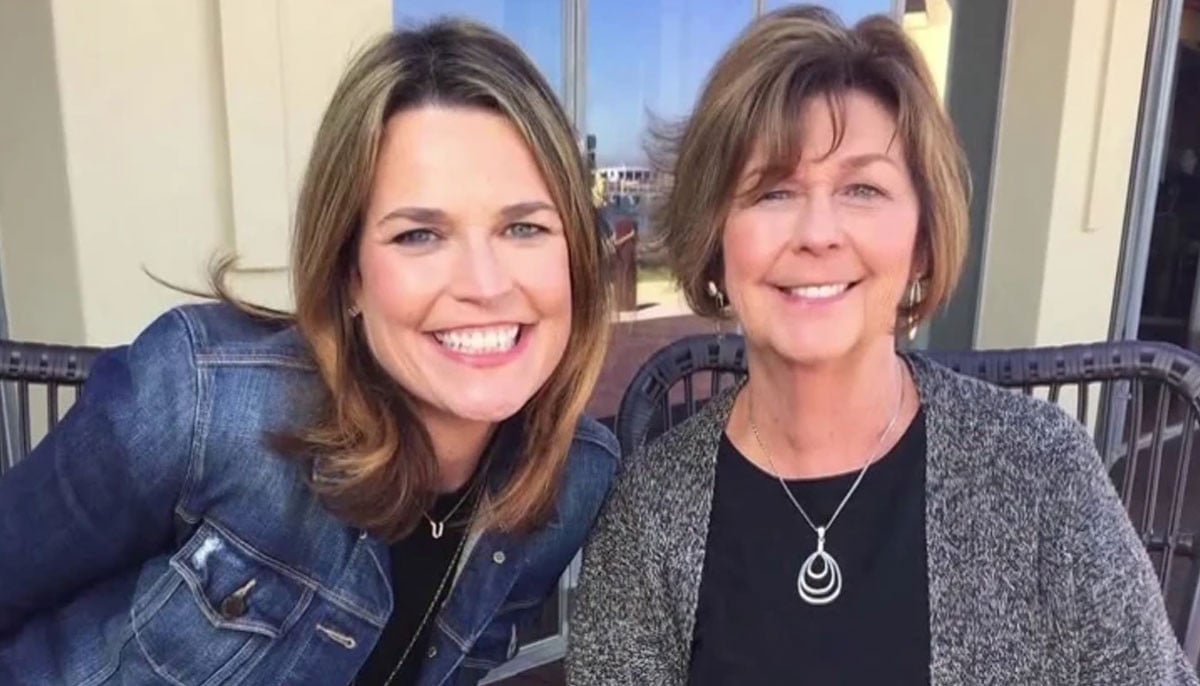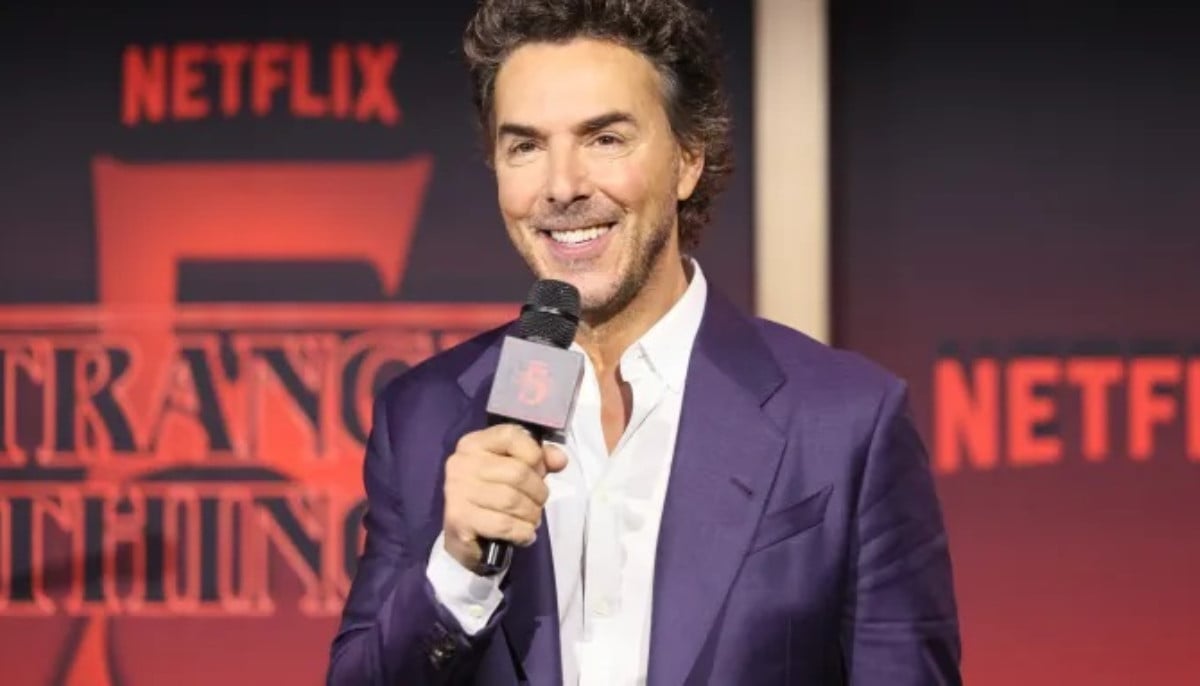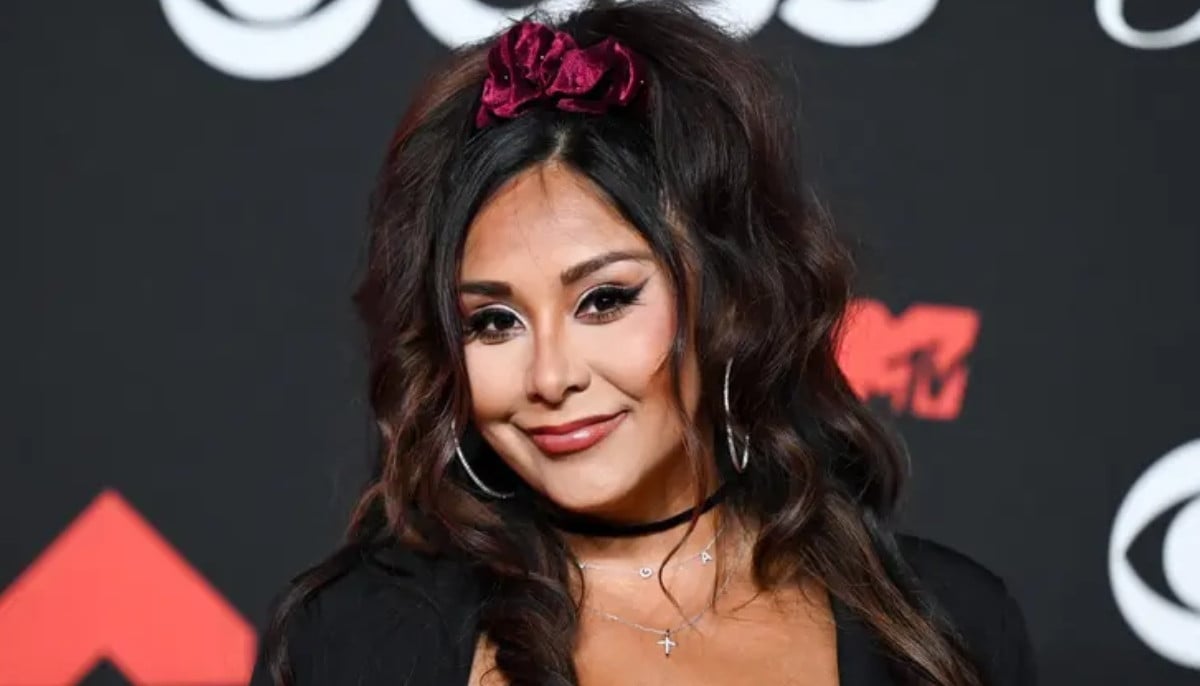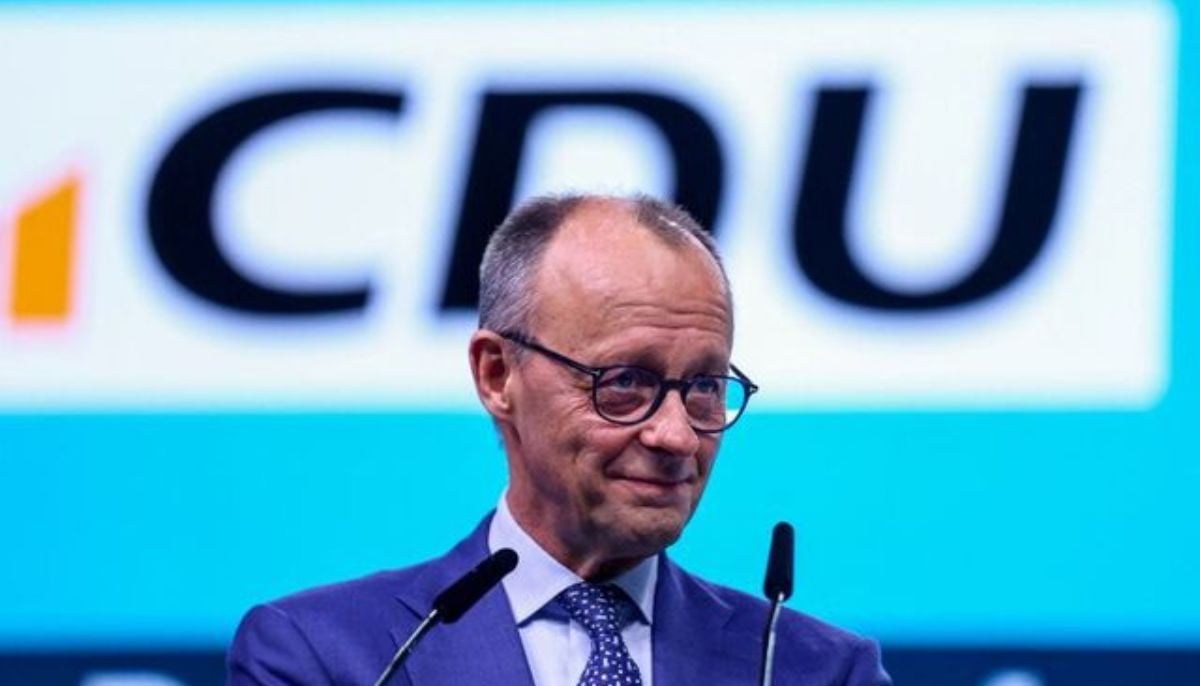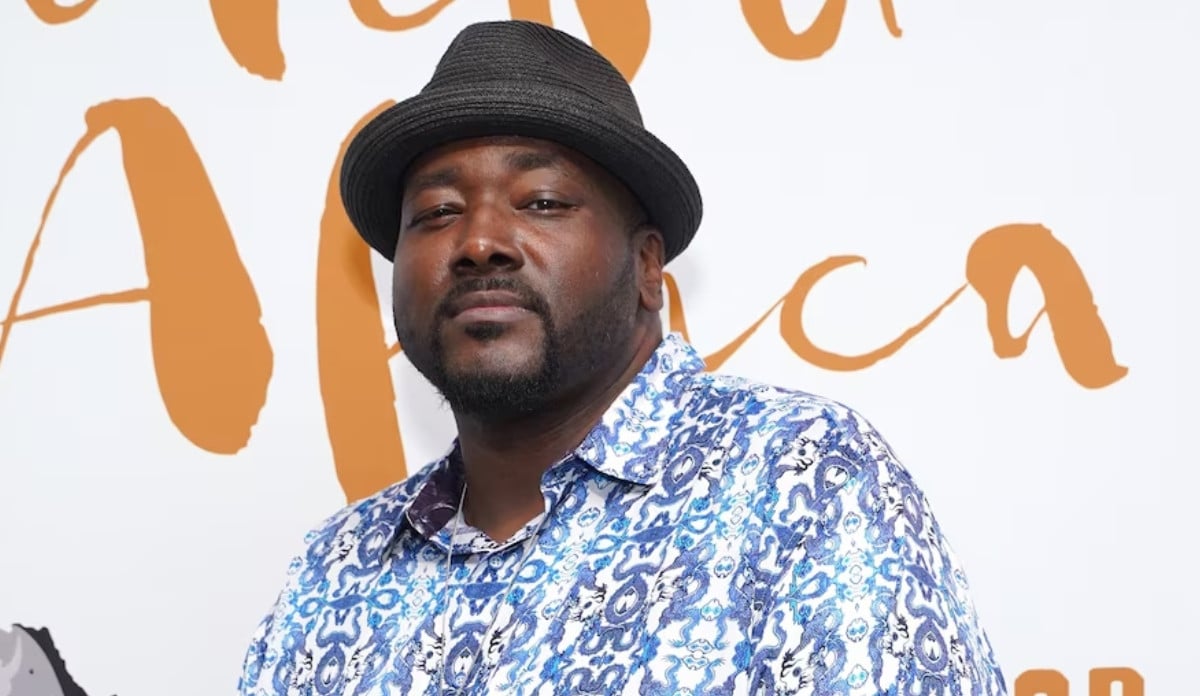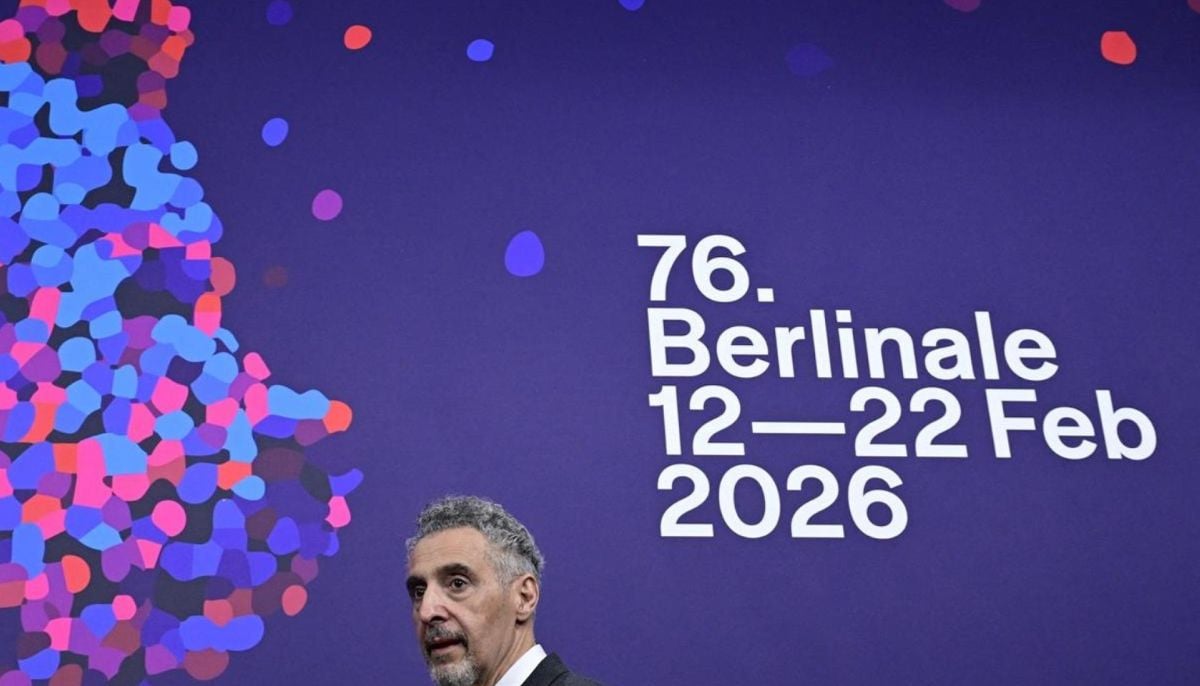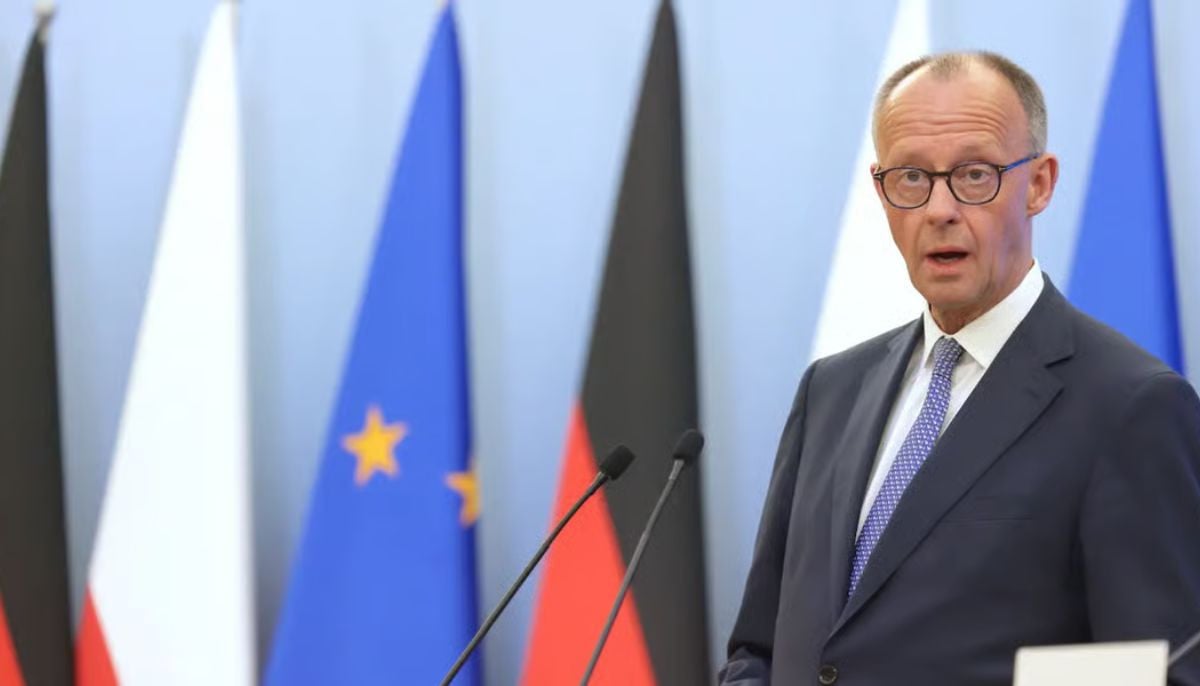Martin Luther King Jr's 'dream' speech's 60th anniversary draws thousands in Washington
Many people attribute the Civil Rights Act of 1964's in the US passing to Martin Luther King's march
Thousands of Americans descended on the US capital marking the 60th anniversary of the 1960s civil rights movement march in Washington, when Martin Luther King Jr. delivered his inspiring "I have a dream" address.
More than 250,000 people participated in the 1963 march in Washington to demand an end to discrimination based on race, colour, religion, sex, or national origin. Many people attribute the Civil Rights Act of 1964's passing to the march's demonstration of strength.
This year's march was sponsored by the National Association for the Advancement of Coloured People and other civil rights organisations and held at the Lincoln Memorial, which served as the setting for King's passionate appeal for equality.
On Saturday, Margaret Huang, president and chief executive of the nonprofit Southern Poverty Law Centre, a civil rights organisation, reminded the crowd that the march of 1960 opened doors and inspired the development of new instruments to combat racial prejudice.
But new laws throughout the country that “claw away at the right to vote” and target the LGBTQ community threaten to erase some of those gains, Huang said.
“These campaigns against our ballots, our bodies, our school books, they are all connected. When our right to vote falls all other civil and human rights can fall too, but we’re here today to say ‘not on our watch.'”
Kimberle Crenshaw, executive director of the African American Policy Forum, said the anniversary occurred at a troubling moment.
“The very history that the march is commemorating is being not only challenged but distorted,” Crenshaw said, referring to bans in several states on books and classroom instruction based on so-called “critical race theory”, which views a legacy of racism as shaping American history.
She described that as part of a "concerted effort to silence conversation about that history" along with other actions like the removal of an African American studies course from public schools in Florida and Arkansas.
Critical race theory is opposed on the grounds that it misrepresents history, causes unnecessary division, and upsets students, reported Al Jazeera.
‘Intensification of racism’
Civil rights activists like the Reverend Al Sharpton, Martin Luther King III, Yolanda Renee King, and House Minority Leader Hakeem Jeffries were among the speakers at the march.
The US has made significant progress since 1963 in terms of King's "dream" aims, according to Jonathan Greenblatt, national director of the Anti-Defamation League, an organisation that participated in the effort to pass the Civil Rights Act.
However, he noted that recent decisions by the Supreme Court that restricted access to abortion and affirmative action were grounds for concern.
“We’ve seen an expansion of anti-Semitism, we’ve seen an intensification of racism,” said Greenblatt.
On Monday, President Joe Biden and Vice President Kamala Harris will host a meeting with march organisers at the White House to commemorate a meeting that took place in 1963 between organisers of the first march and President John F. Kennedy's administration.
-
Sarah Pidgeon explains key to portraying Carolyn Bessette Kennedy
-
Inside Nicole 'Snooki' Polizzi's 'private' marriage with husband Jionni LaValle amid health scare
-
Germany’s ruling coalition backs social media ban for children under 14
-
Quinton Aaron reveals why he does not want to speak to wife Margarita ever again
-
Why Mikaela Shiffrin celebrated Olympic Gold with Taylor Swift song?
-
Political tensions steal spotlight at Berlin Film Festival closing ceremony
-
Hong Kong touts stability,unique trade advantages as Trump’s global tariff sparks market volatility
-
Friedrich Merz heads to China for high stakes talks in an effort to reset strained trade relations
